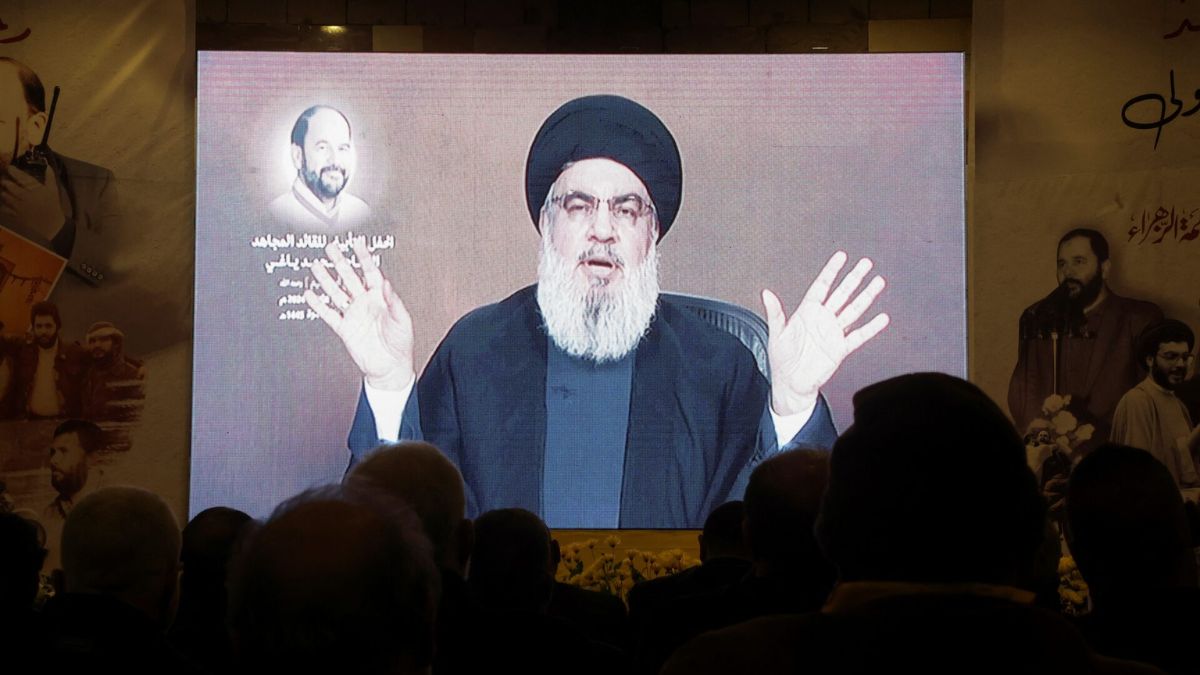Tensions in the Middle East escalated further after Israeli warplanes carried dozens of strikes across South Lebanon on Thursday. The brutal strikes were conducted just hours after Lebanese militant group Hezbollah’s leader Hassan Nasrallah, threatened “tough retribution and just punishment” for the waves of device explosion attacks which targeted the Iran-backed group.
On Thursday evening, the Israeli military notified that it had hit hundreds of rocket launchers in South Lebanon. The military of the Jewish nation warned that the rockets were about to be used “in the immediate future”. According to Lebanese state news agency NNA, the bombardment included more than 52 strikes across southern Lebanon.
Meanwhile, three Lebanese security officials told Reuters that the recent strikes were the “heaviest one” since the Israel-Hamas conflict began in October. The strikes came just days after thousands of pagers used by Hezbollah exploded simultaneously, killing 12 people, including two children, and wounding up to 2,800 others across Lebanon.
A day after the pager attack, at least 25 people were killed and more than 450 wounded when walkie-talkies exploded in supermarkets, on streets and at funerals, stoking fears of a full-blown war. While Israel did not comment on the matter, both attacks were attributed to Tel Aviv.
Hezbollah chief issues stern warning
Earlier on Tuesday, Nasrallah admitted that the explosive attacks were the “biggest security breach” for Hezbollah, since the group’s foundation in the 1980s. He maintained that attackers responsible for the device explosions “crossed all red lines,” as he appeared in front of a featureless red background at an unidentified location.
Impact Shorts
More Shorts“The enemy went beyond all controls, laws and morals,” the Hezbollah chief averred. Meanwhile, the Lebanese Foreign Minister, Abdallah Bou Habib, called the attacks a “blatant assault on Lebanon’s sovereignty and security.” The Lebanese diplomat warned that the provocations were dangerous developments that could “signal a wider war”.
In light of the recent attack, the Lebanese authorities also banned walkie-talkies and pagers from being taken on flights from Beirut airport until further notice. Such devices were also banned from being shipped by air.
It is pertinent to note that Israel bombarded Lebanon after Hezbollah unleashed a retaliatory missile attack in north Israel, killing eight people. Since the start of the war, about 60,000 Israelis were evacuated from their homes along the contested border with Lebanon and have been unable to return for fear of being targeted by Hezbollah.
International community scrambles
Meanwhile, leaders from several countries called for the de-escalation of the raging conflict. Senior diplomats from the US, Britain, Germany, France and Italy met on Thursday in Paris before a UN Security Council meeting planned for Friday. US Secretary of State Antony Blinken was to join his counterparts in the French capital after discussing the possibility of a Gaza truce in Cairo.
Amid the chaos, US President Joe Biden insisted that there still could be a diplomatic resolution to the escalating tensions between Israel and Hezbollah. The White House warned all sides against “an escalation of any kind”.
With inputs from agencies.


)

)
)
)
)
)
)
)
)



